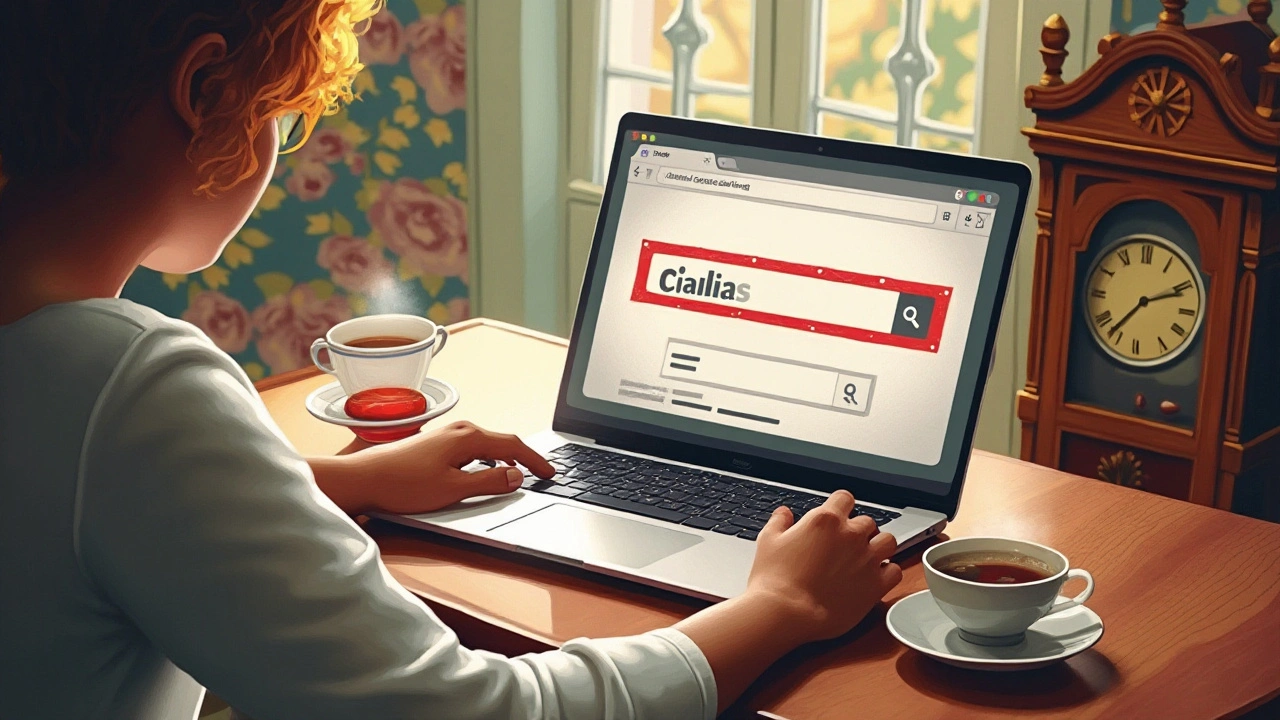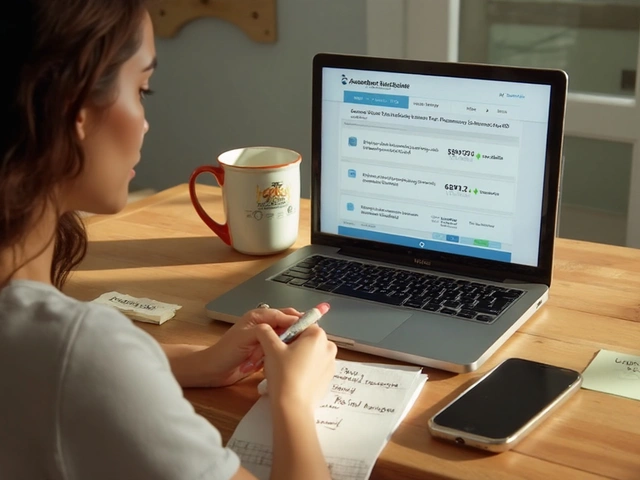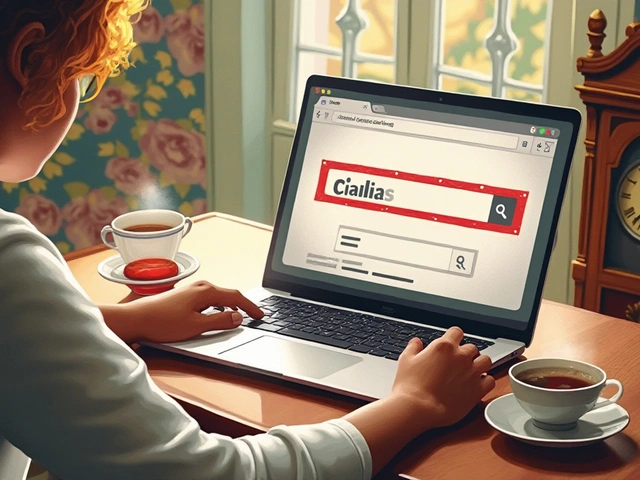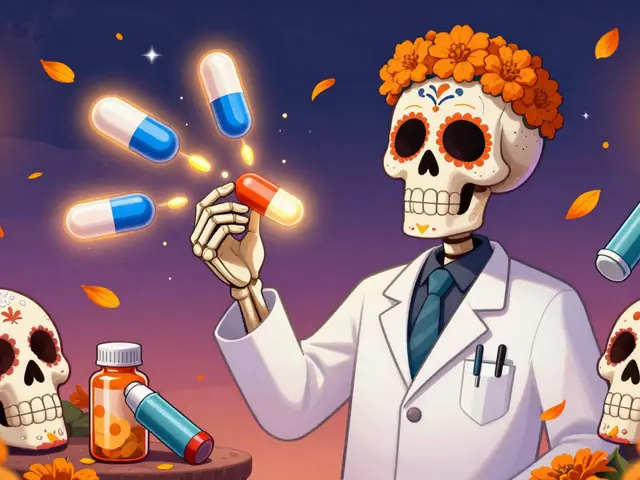Online Pharmacy & Buying Medicines Online: Practical Tips
Buying medicine online can save time and cut costs, but it can also lead to wasted money, fake drugs, or legal trouble. Use a few clear checks every time you shop so you get the medicine you need without the risk.
Start with the basics: a trustworthy online pharmacy will ask for a prescription when a prescription is required, show a real postal address and phone number, and let you contact a licensed pharmacist. Look for secure checkout (HTTPS) and readable refund and shipping policies. If a site sells controlled drugs, antibiotics, or specialty meds without any prescription, that’s a major red flag.
How to spot a safe online pharmacy
Check for registration or seals from known regulators or pharmacy boards where they apply. Read independent reviews — not just testimonials on the seller’s site. Compare prices: extremely low prices can mean counterfeit or expired stock. Confirm shipping rules and customs procedures for your country so you won’t face fines or returned packages. If product photos look generic or packaging details are missing, pause and ask questions.
Smart steps before you buy
1) Get a valid prescription or use a reputable telemedicine service. Online consults are OK, but make sure the clinician asks medical questions and issues a proper prescription. 2) Check the drug name, strength, dosage form, and expiry date when the package arrives. 3) Inspect pills visually — unmarked tablets or odd colors are cause to stop and ask your pharmacist. 4) Use secure payment methods like a credit card or trusted payment provider; avoid wire transfers or odd payment channels.
Saving money? Use verified coupon apps, manufacturer savings programs, or talk to your prescriber about generics and therapeutic alternatives. Our site includes comparisons of savings apps and coupon strategies that work without breaking rules.
Be extra careful with certain categories: anabolic steroids, unlabelled weight‑loss drugs, experimental peptides, and antibiotics sold without prescriptions are commonly linked to scams and health risks. These products can be fake, contaminated, or illegal to import in many countries.
Storage and safety matter too. Store medicines as the leaflet instructs. If a product needs refrigeration, confirm how the seller ships it. If you suspect an adverse reaction or that a medicine is fake, stop taking it and contact your local health authority and your prescriber immediately. Keep all order records, packaging photos, and tracking details in case you need to report the seller.
Online pharmacies can be convenient and safe if you treat them like a medical service: ask questions, demand documentation, protect your payment and personal data, and use trusted review sources. When in doubt, call a pharmacist or your doctor before you take anything new.

This article delves into how to find affordable Cialis online, exploring the benefits, side effects, and drug interactions associated with tadalafil. It also provides helpful guidelines on common dosages and recommendations to maximize effectiveness and safety. Discover tips for safe online purchasing and learn about potential savings on this effective medication.
Chris Gore Jan 24, 2025




